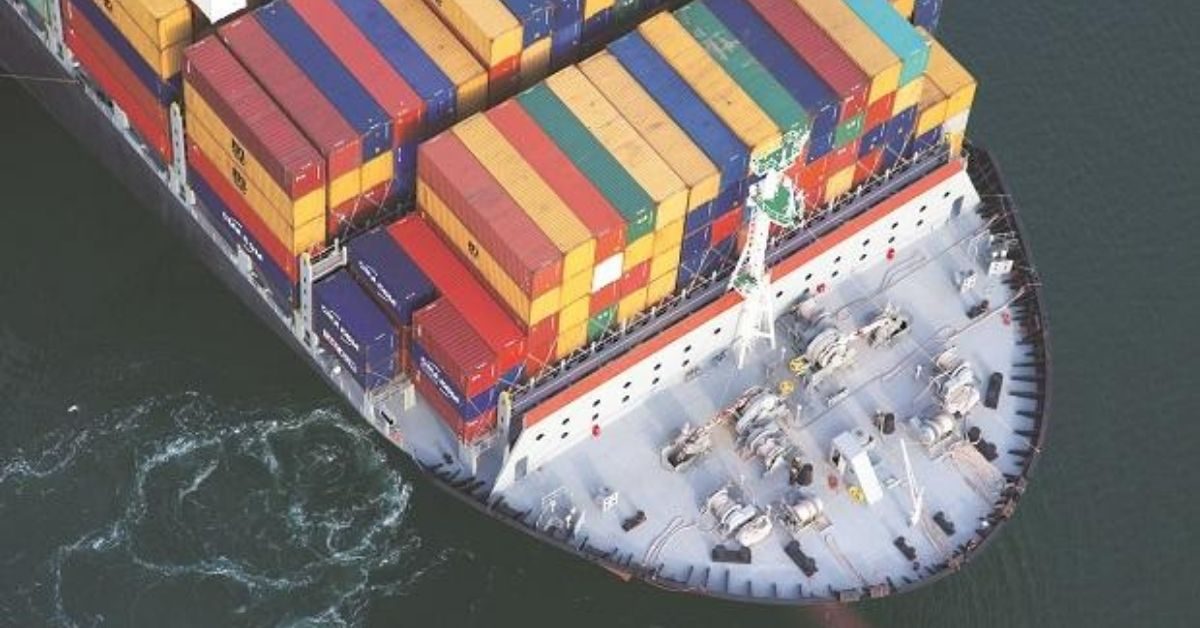It seems a breather does not last long for exporters.
The exporters had been struggling with the business for around one and a half years until things started to look up in August with the pandemic easing, but as more and more economies reopened, they woke up to see freight charges hit a record high.
The businessmen tried to cope with the new normal, but then came the diesel price hike, making cargo transportation by road from factories to ports pricier. Plus, loading export goods into containers and putting the export boxes on ships also turned costlier.
Even a year ago, transporting a twenty-foot container to the USA used to cost $3,000 and to Europe $2,500, according to the Bangladesh Shipping Agents Association.
But with fewer ships and limited containers leading to a disrupted supply chain, the freight charges now hit $18,000 to the USA and $15,000 to Europe, plus a 23% spike in cargo handling charges imposed by the off-docks, said the association President Syed Arif.
International shipping rates are at an all-time high, and transporting a 40-foot steel container from Shanghai to Rotterdam now costs a record $10,522, up by 547% from the five-year average. The shipping cost between China and the UK has gone up by 350%, according to Bloomberg.
Prices of new containers also have doubled to $3,500 per cost equivalent unit (CEU) from last year’s. Shipping charges are forecast to remain at these levels until 2023.
Apart from record high freight rates, shipments are facing longer waiting times at ports.
Amid the turbulent business weather, Bangladeshi apparel manufacturers and exporters find the local diesel hike a newly emerged concern.
Exporters said they have been paying 30%-50% more for sending goods from factories to shipping points since the diesel hike in early November.
On 8 November, cargo handling costs were hiked 23% by the inland container depots with a retrospective effect from 4 November, bringing a fresh headwind to the country’s apparel export.
Subsequently, apparel exporters requested the off-docks to postpone or cancel the spiked container handling charges.
“The hike in container handling charges was unilateral since there had been no discussion with the stakeholders,” in a letter, Bangladesh Garment Manufacturers and Exporters Association (BGMEA) told the Bangladesh Inland Container Depots Association (Bicda).
The letter further states the abrupt hike will put the pandemic-hit apparel-makers in trouble in shipping their export orders.
In reply to that, Bicda President Nurul Qayyum Khan on Sunday said with the 23% hikes, they have adjusted the spiralled diesel and off-dock operational costs.
“This is not merely a container handling hike, rather a required adjustment in the face of diesel hikes. All the container handling segments are diesel-run. We cannot run the ICDs with subsidies,” said the president.
Syed Nazrul Islam, first vice-president of BGMEA, said they had been shipping the export orders with the current market rates. But the abrupt hike in cargo handling charges puts them in trouble in delivering the remaining orders to foreign buyers.
On condition of anonymity, a former BGMEA leader said, “The freight charges have spiked abnormally thanks to the pandemic. The crisis is temporary. But with these excuses, a 23% increase in ICD charges is completely unacceptable.”
At the 19 private ICDs, export goods are loaded into containers and taken to Chattogram port for shipping. Besides, 37 types of imported goods including food items are brought to the off-docks from the port for unloading.
The ICDs are located within 1 to 26 kilometres of the port.
Source : Hellenic Shipping News







